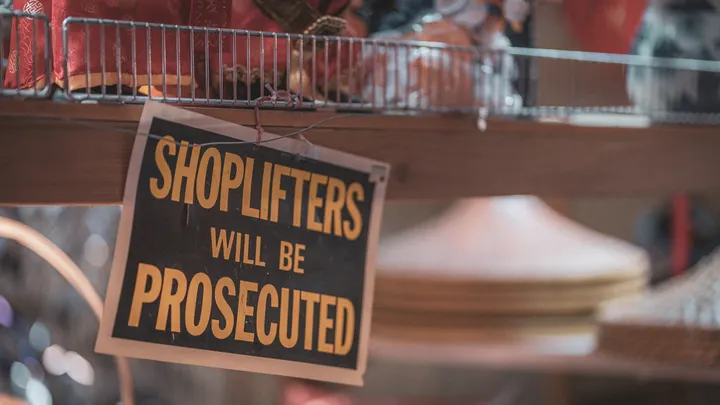This year sees the implementation of ‘Clean Slate,’ bail reform, and state-level immigration regulations.
As the calendar turns to 2024, a slew of new laws take effect across the country.
They include “Clean Slate” laws that seal criminal records, crackdowns on retail theft and sex trafficking, and bail and probation reform.
Here are just a few of the new laws that will go into effect around the country this year:
Separately, Senate Bill 17, Texas’ new “anti-DEI law,” prohibits the establishment of diversity, equality, and inclusion offices in public colleges.
Pennsylvania
Pennsylvania is reforming its probation system, making “porch pirates” a felony offense, and tightening down on retail theft.
Beginning in the first six months of 2024, courts will be required to impose probation terms “necessary to ensure or assist the defendant in leading a law-abiding life,” and swiping parcels from a porch will be classed as felony mail theft beginning March.
The state attorney general’s office is also creating a branch dedicated to prosecuting retail theft, citing Philadelphia as the ninth worst city in the US for retail crime.
Florida
Florida’s new bail statute establishes statewide uniformity and automatically refuses bail for certain offenses prior to the suspect’s initial court appearance.
Local courts are not permitted to set bail lower than the new state criteria unless the Florida Supreme Court grants permission.
The law takes effect on January 1.
New York City
The Clean Slate Act of New York is expected to take effect one year after it was enacted, on November 16, 2023, although courts have up to three years to comply.
It will seal criminal records after three years for misdemeanors and eight years for felonies if the offender does not commit another crime.
The rule does not apply to convictions for murder, sex crimes, domestic terrorism, or “other serious crimes.”
Connecticut
Connecticut’s Clean Slate Act, signed in 2021, enters its second phase on January 1.
Misdemeanor records will be available for automatic erasure if the individual has gone seven years without a new conviction, with the exception of sex crimes and violent crimes. After ten years, low-level felonies can be expunged.
California
In September, California’s Democratic Governor Gavin Newsom signed the bipartisan SB 14 into law, raising the state’s penalty for child sex trafficking.
Trafficking a juvenile for “commercial” purposes is now a serious felony, resulting in a strike under California’s “Three Strikes” legislation and harsher penalties.
“With the passage of this bill, we are sending a clear message to child traffickers – we intend to put you out of business and behind bars where you belong,” Bakersfield Republican state Sen. Shannon Grove said after the bill was signed.
Illinois
Public Act 103-0118, which went into effect on January 1, allows families to sue anyone who willfully offered alcohol to a juvenile under the age of 18 if the minor caused death or harm while intoxicated.
Also taking effect on New Year’s Day is Illinois Public Act 103-0100, which prohibits book restrictions in taxpayer-funded libraries.















